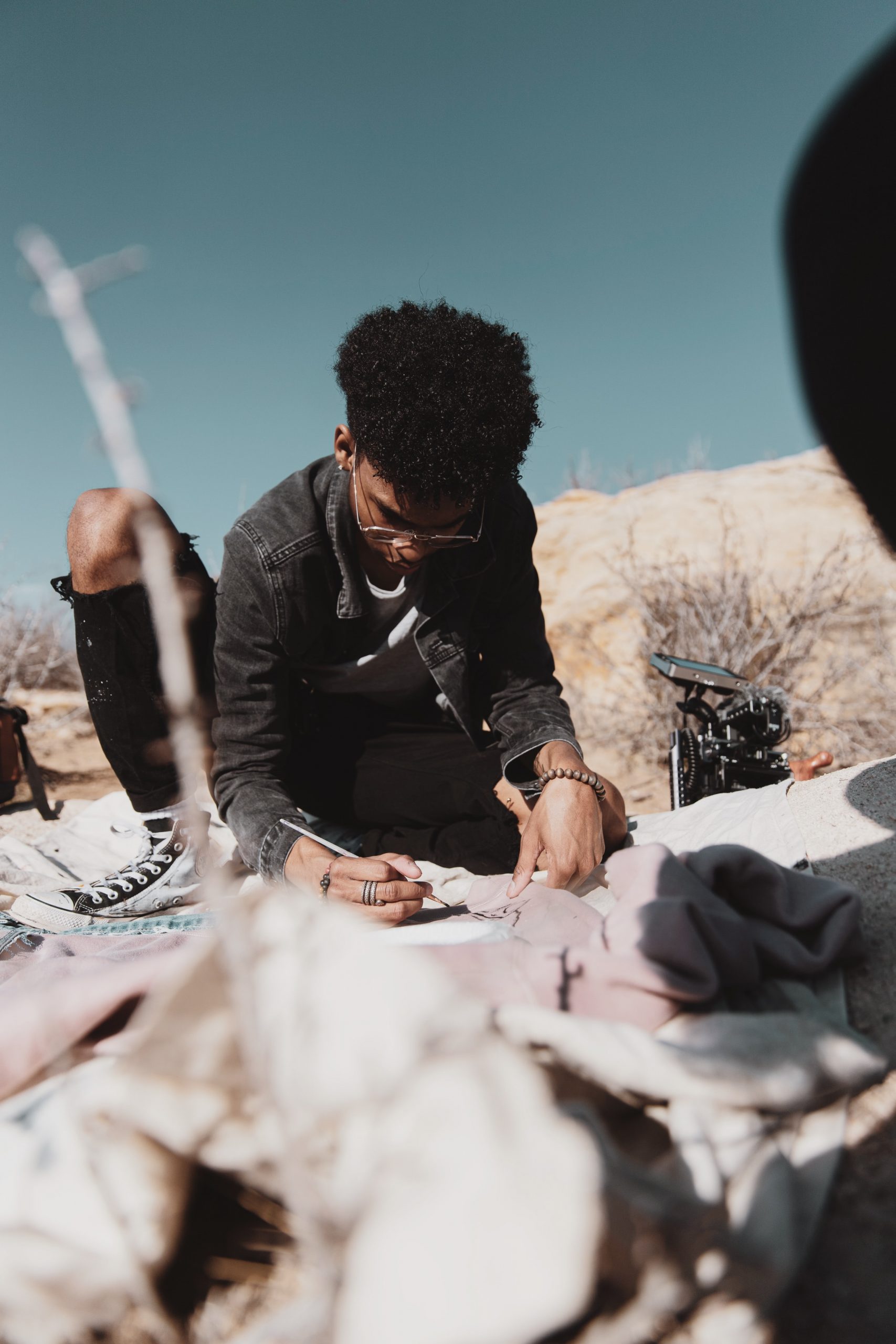Are you just done with a bachelor’s in textile designing and confused about where to place your foot next? Fret not! There is a wide array of master’s courses, ranging from journalism to fashion design to even an MBA, which you can opt for. However, if you wish to specialize in the textile design domain, industry professionals recommend choosing a master’s degree in this area.
Table of Contents
What Does a Master’s Textile Design Course Entail in India?
A Master’s in textile design equips you with not only technical skills but also managerial skills. Along with sourcing textiles, designing apparel, a credible institute prepares you to be a thought leader and a problem solver.
You are exposed to challenges within the fashion ecosystem and are rigorously trained to solve them. An instructor in this course will also help you expand your domestic and international fashion and textile knowledge base. They will familiarise you with both standard and niche industry practices and build upon the foundation you acquired during your bachelor’s.
You will also develop a deeper understanding of government policies that affect the textile industry, academic research methods, and the history of culture and crafts.
A formal degree or diploma in this field usually takes two years to complete and generally includes an industry internship in the final semester. Here are the subjects you can expect to study should you choose to pursue a textile design course in India:
- Culture and design studies
- Conceptualization skills
- Textile printing techniques
- Weaving design techniques
- Creative thinking
- Fundamentals of CATD (Computer-Aided Textile Design)
- Presentation techniques
- Merchandising and marketing
- Understanding trends and forecasting
- Design research methodologies
And many more.
Job Opportunities After Pursuing Masters in Textile Design
The minute you finish your master’s in textile design, your career scope widens manifold. Here are some of the most sought-after job opportunities textile designers opt for after completing their masters.
Assistant Merchandiser
These professionals assist in everyday merchandising activities for a fashion brand or any textile company. They process invoices, monitor shipments, and develop pricing strategies to meet sales goals.
Fabric Analyser/ Technologist
A critical professional for any fashion or textile label, a fabric technologist evaluates and selects material from suppliers. They are also responsible for providing technical advice to designers, marketers, buyers, and the production staff. Fabric technologists also create mock-ups as per the company’s brief.
Textile Designer
These individuals are the driving force behind creating designs for woven, knitted, and other fabrics. They are responsible for keeping up with market trends and researching different materials and dye compositions.
Textile Production Managers
These professionals work more on the manufacturing side of things. They oversee all the textile production stages and liaise with domestic and international suppliers and customers to fix quality standards, delivery timelines, pricing, etc.
Professor or Lecturer
A master’s degree in textile design is all you need to teach this course. Becoming a textile design instructor can be an incredibly rewarding career choice, especially if you want an outstanding work-life balance.
Over to You
It’s no secret that India has a rich heritage of textiles. Even today, we are one of the world’s biggest exporters of fabrics and textiles. So, it’s needless to say that a textile designer’s career scope in this country and even abroad is boundless.
All you need is the proper training from a globally renowned institution like the Pearl Academy, after which you can begin your career as a textile designer, fashion brand manager, strategist, or work in any other apparel-related profile. So, brush up on your primary textile knowledge and sketching skills and apply for the textile design entrance exam this year.





